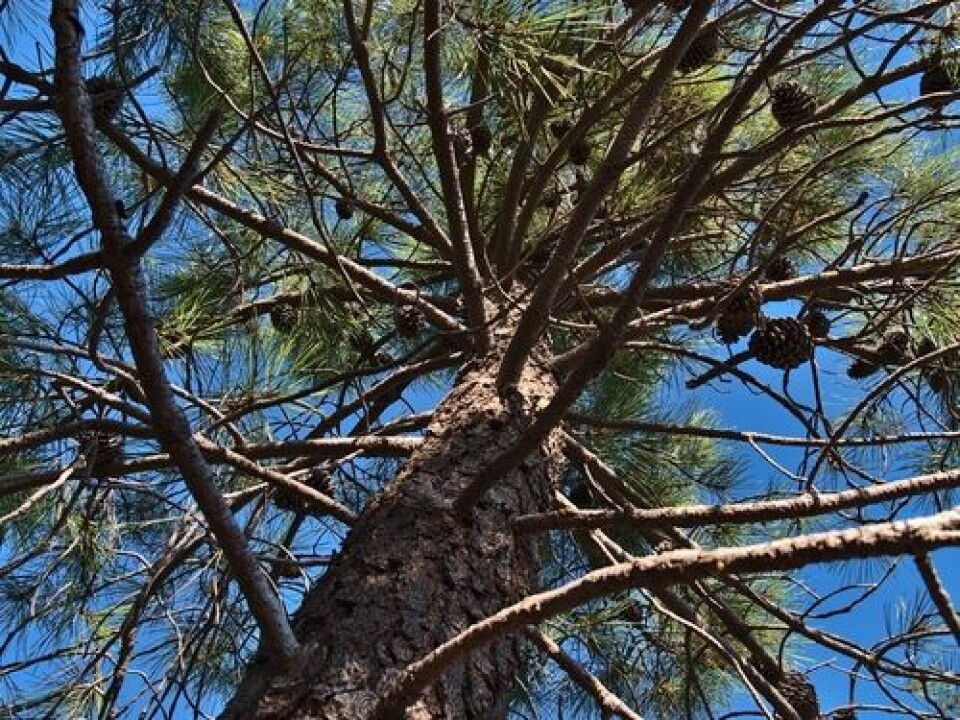-
France’s wild garlic season is here – but foragers should beware toxic lookalikes
Spring brings the fragrant plant to woodlands nationwide. We explain what to look out for
-
White storks make strong return in France via nest ‘platforms’ and clipped wings
The Ligue pour la Protection des Oiseaux shares the conservation challenges in saving these birds from extinction
-
Efforts to reintroduce black vultures in France
Plus, wildlife spotter, Jonathan Kemp, shares his experience of searching for bearded vultures around his home in Aude
Crisis unit set up as parasite ravages pine trees in south of France
The 3-6mm long insect has already killed tens of thousands of trees, and there is no killer product yet approved for use

A parasite is causing major damage to forests in the south of France, and has already killed tens of thousands of trees in the past year.
The insect, known as the ‘pine tortoise scale’ in English and the ‘cochenille-tortue’ in French (scientific name Toumeyella parvicornis), is so-called because it looks like a tiny tortoise. They are about 3-6mm wide.
It eats the sap of pine trees, and is currently threatening forests in the Côte d'Azur and Saint-Tropez areas. Its larvae develop under a kind of white foam.
Once the tree is infected, the tree begins to turn black and red, almost as if it is burned. The parasite is thought to have come from America originally, but was first reported in Europe in Naples, Italy, in 2014.
A ‘crisis unit’ has been set up in the Var commune of Ramatuelle. Environmental managers are turning to specialised companies in a bid to limit the insect invasion before it worsens further.
Var: les pins menacés par la cochenille-tortue pic.twitter.com/iUVc7NfLoN
— BFMTV (@BFMTV) February 10, 2023
Local environment manager Rémi Bossoutrot told FranceInfo: "If this little beast were to kill our umbrella pine, then our landscape would change completely.”
However, phytosanitary inspector (inspector in charge of plant health and the control of plant diseases), Lucile Arnaud, warned that there are “no products that are approved” for use to kill the insect “at the moment”.
She said: “It limits the dispersion, but it is not a miracle product.”
It comes after a form of tree bacteria, xylella fastidiosa, was reported to have killed several olive trees in France in 2019. That bacteria had also come from Italy, where it managed to kill more than a million trees. It is spread by tiny beetles, known as ‘leafhopper’ (‘cicadelles’ in French).
Similarly, in June 2022, the national health and safety agency l'Agence nationale de sécurité sanitaire (Anses) said it had placed traps in strategic locations including along the French-Italian border to stop the arrival of the Japanese scarab beetle, which is known to cause severe damage to trees and vegetation including fruit trees, vines, and maize.
Related articles
Traps placed to stop damaging Japanese scarab beetle coming to France
Bacteria deadly to olive trees found in southern France
























